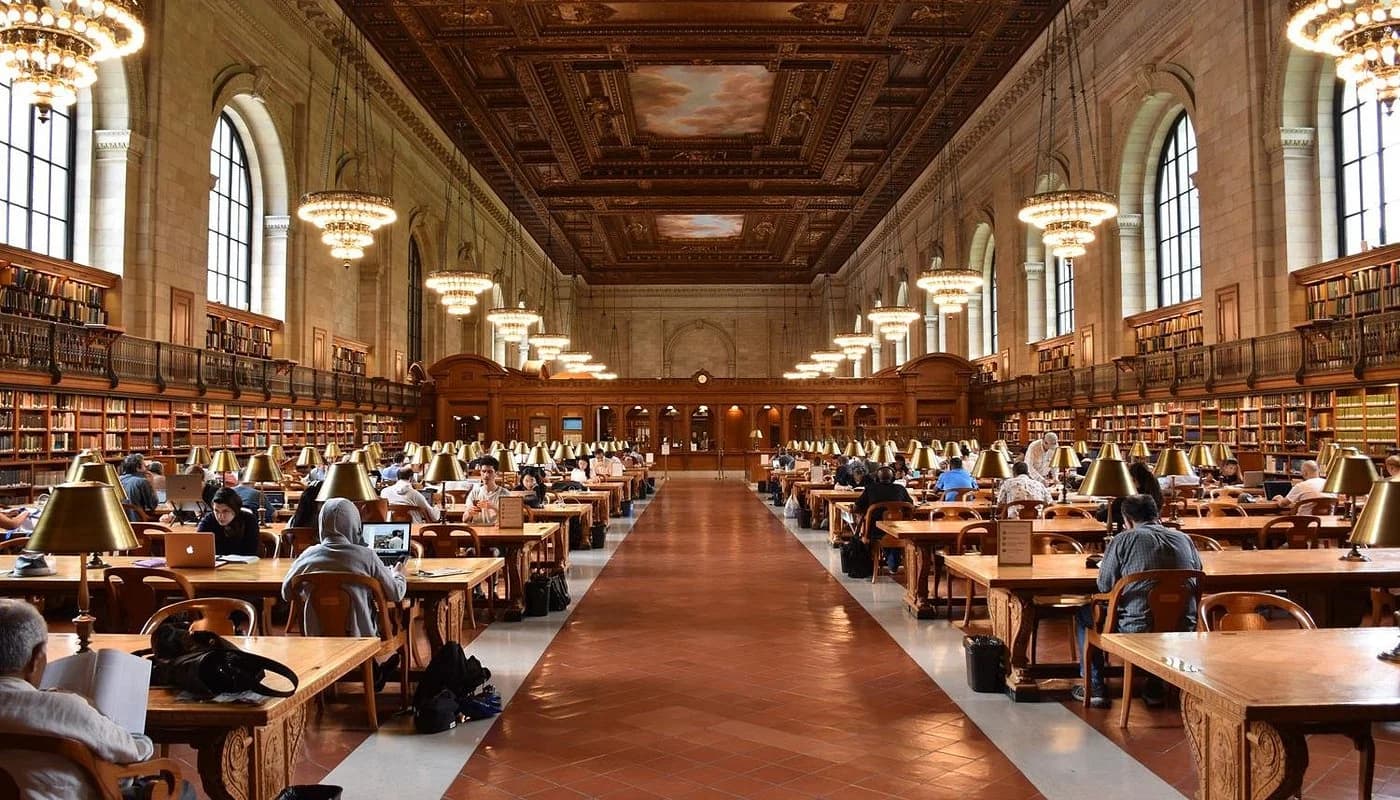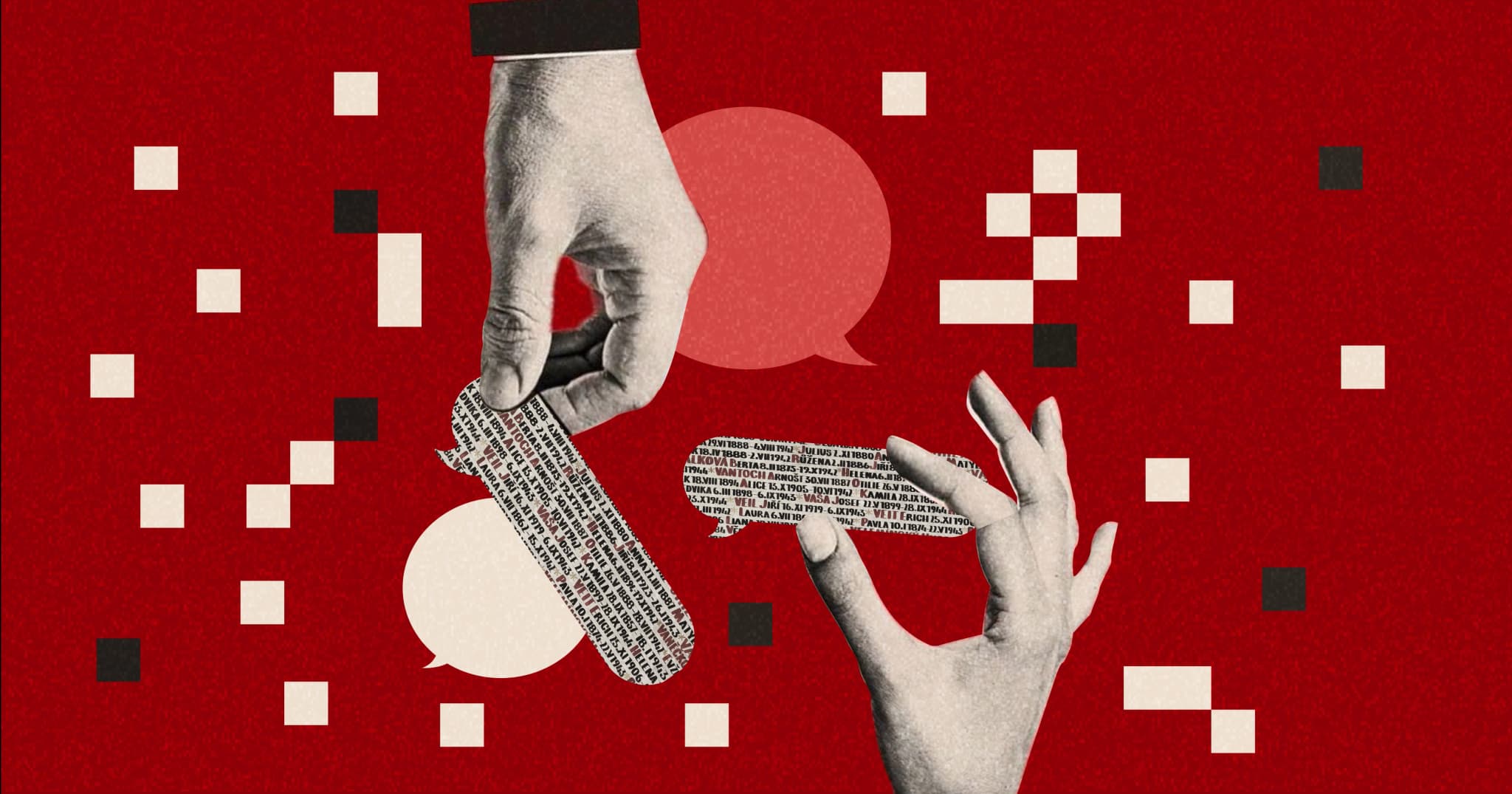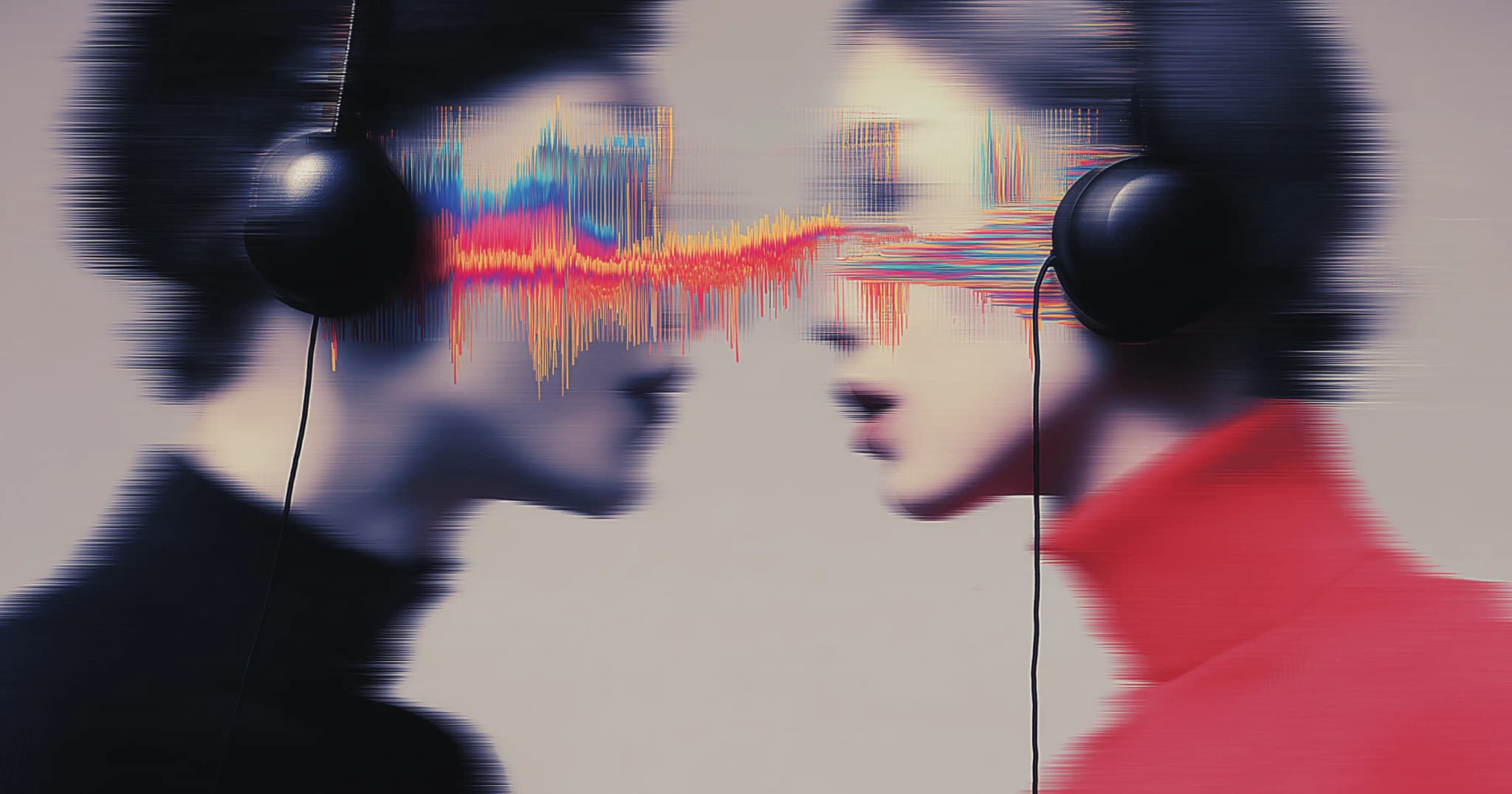On Wednesday, September 4, the Second Circuit Court of Appeals ruled that allowing the Internet Archive’s digital library would lead to widespread copying, depriving creators of fair compensation and reducing the motivation to create new works. Things are not looking up for the non-profit digital library in the Hachette v. Internet Archive case. In 2020, four publishing giants—Hachette, Penguin Random House, Wiley, and HarperCollins—sued the Internet Archive, accusing its digital library of engaging in "willful digital piracy on an industrial scale."
During the COVID-19 pandemic, the Internet Archive launched The National Emergency Library—a temporary collection of books created to support remote teaching, research, independent learning, and intellectual exploration when schools, universities, libraries, and training centers were closed. The Emergency Library, a part of the Open Libraries initiative by the Internet Archive, typically scanned books from libraries for digital check-outs through a waitlist. But they soon removed the waitlist, giving readers instant access to the scanned books.

On June 1st, 2020, publishers Hachette, Penguin Random House, Wiley, and HarperCollins filed a lawsuit against the Internet Archive for copyright infringement. In March, the Authors Guild had accused the online library of functioning as a “piracy site” undermining authors’ rights to their works. The Internet Archive had to wrap up its National Emergency Library program ahead of schedule.
The recent Second Circuit Court ruling recognizes both the advantages and limitations of the Internet Archive’s digital library, but upholds its decision against the book scanning program.
Chris Freeland, Internet Archive’s director of library services, voiced his disappointment in a post. “We are disappointed in today’s opinion about the Internet Archive’s digital lending of books that are available electronically elsewhere. We are reviewing the court’s opinion and will continue to defend the rights of libraries to own, lend, and preserve books.” Freeland also shares a petition you can sign to help the Archive restore access to the 500,000 books that publishers have restricted.

.webp&w=2048&q=75)

